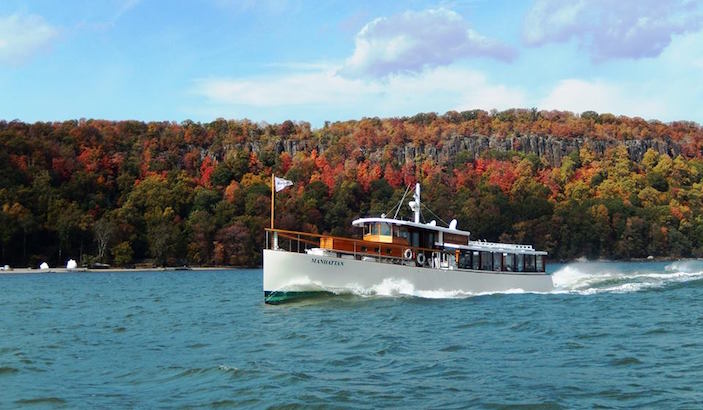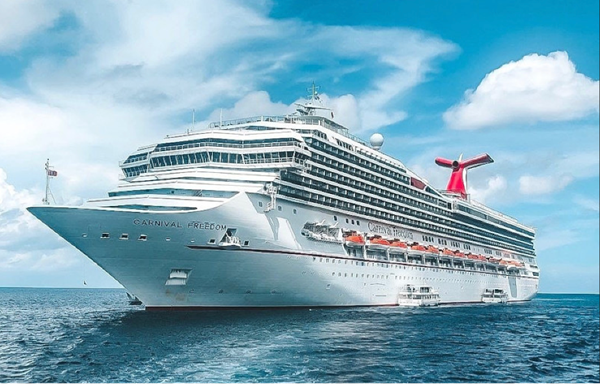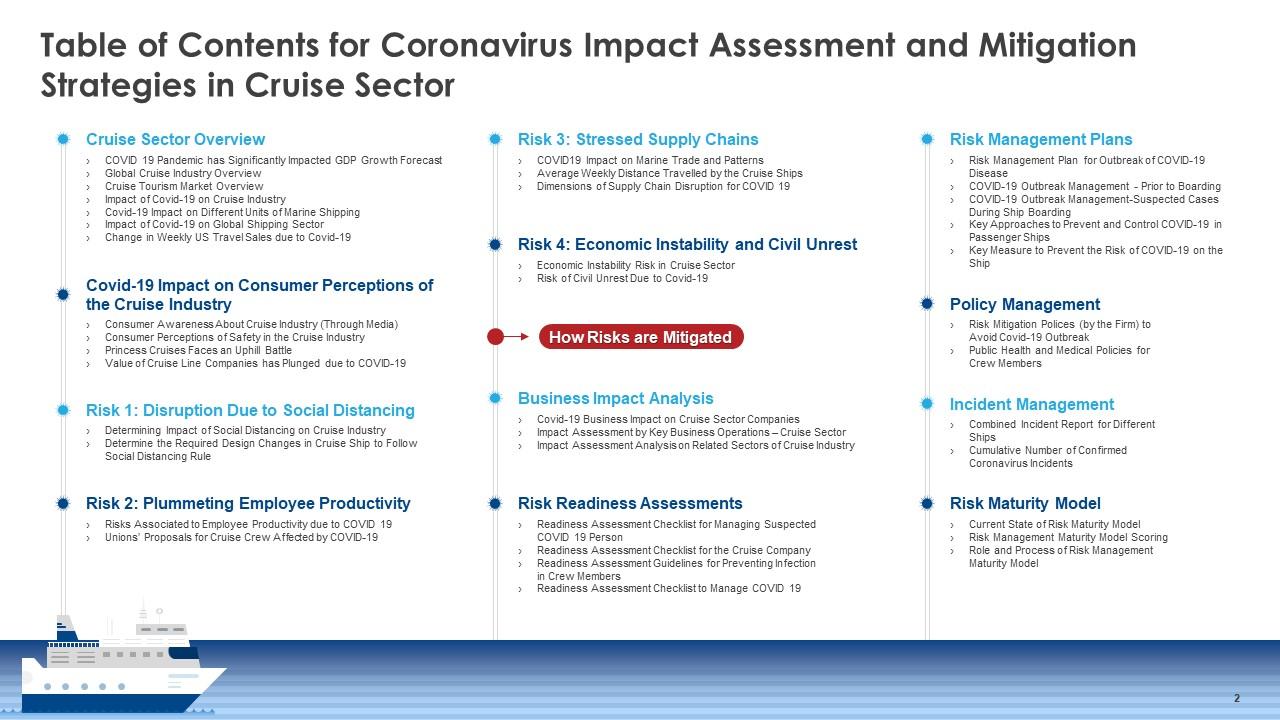
USPH training will allow you to be certified in food safety. This course offers both practical and theoretical training. This course is open to all service and hotel personnel. Each class will be limited to 24 students and minimum 12. After successfully completing the course, you will be awarded a Certificate of Completion.
Crew Steward
A crew steward is responsible for serving passengers, as well as ensuring safety and cleanliness in the dining area and mess. They should also be able to attend USPH trainings and have meetings with the housekeeping director. They must also be friendly and service-minded. They should be able communicate with cabin stewards and work in a group.
The role of the steward department on a ship is quite varied, and may be a part of a large cruise ship or a small fishing vessel. Although this job is not usually licensed, it's common for many ships to require specific training in the culinary arts. A steward makes approximately $32,637 a year.
Provision Master
The Provision Master reports directly towards the F&B directors and is responsible in supervising the Provisions crew onboard. His duties include managing inventory, maintaining a professional environment, and making recommendations for corrective action. Depending on the restaurant, the role can be very varied, but it will require thorough knowledge of USPH standards and good management practices.

Monitoring inventory levels and documenting every transaction are some of the duties assigned to Provision Masters. They must also oversee issues related to aging, breakage, and spoilage, and reconcile these levels with the inventory management system. While this job requires knowledge in food service, previous experience in restaurant management is required. For this position, the student must have at minimum three years of experience in a restaurant.
Pastry chef
A host of duties are entrusted to pastry chefs in hospitality establishments. In addition to making delicious desserts and meals, pastry chefs must ensure that all recipes and sanitation practices are observed. They must prepare electronic requisitions daily and maintain all equipment, supplies, and other items distributed to staff.
Pastry chefs also need to be knowledgeable about food safety and sanitation. A USPH inspector must be able daily to inspect all F&B areas aboard a ship. These professionals typically have at least five year experience in high-volume restaurants or on cruise ships.
Astro Cruises' Pastry Chef
You will be able to make delicious desserts every day as a pastry chef for a luxury cruise ship. You'll also be responsible for the preparation of all food items onboard. Pastry chefs must adhere to all safety and environmental guidelines.
Astro Cruises will offer a training course if your goal is to become a professional in this field. This course will provide you with a series workshops and classes on how to be a pastry chef. This course covers everything, from basic skills to more advanced techniques. This will make you a good pastry chef for a cruise.

Crew Steward responsibilities
You have many responsibilities as a crew steward. You have to maintain good morale and teamwork aboard the ship. Respect your fellow crew members and take the time to learn their jobs. Be available to answer any questions. You will also be required to assist at loading and provisioning. Finally, safety regulations and safety training must be followed.
Crew stewards are responsible to maintain the cleanliness of the galleys, and passenger areas. This includes cleaning guest cabins of toilets and sinks as well maintaining the cleanliness inside lockers and bathrooms. You will also be expected to wear personal protective equipment, such as a safety helmet. You'll be responsible for keeping the work areas clean and tidy, as well as reporting any maintenance problems to the cabin steward. Assisting new crew members during training is another possible responsibility.
FAQ
Why is cruise vacation so popular?
Because they provide a fun vacation experience that isn't confined to long flights and airport delays, cruises are becoming increasingly popular. Cruises also offer a relaxing environment that allows passengers to have fun without worrying about the details of their daily lives.
Tourists can visit multiple destinations both on land and by sea with cruise ships. This allows them to take in all the sights and attractions of each destination.
Are there any cons to cruising?
Consider these things when weighing the pros and disadvantages of cruising. Some people may decide that they don’t want to spend the entire vacation on a yacht. Others may prefer to be near the shore or in a resort. Others might feel uncomfortable leaving land for such a long time. These fears can be easily overcome if you choose a cruise with plenty time ashore.
What type of cabin should you get?
When deciding on a cabin, think about what size room you want. Are you okay sharing a bath with another person? Would you prefer your own private bathroom? Is noise vital to you? Are you more likely to be in the dining area than in your stateroom? Also consider whether you desire an interior view, or a balcony. Although they offer more space, balconies can be noisy. Interior views are usually quieter than balconies.
How does cruising work?
When you book a cruise, you pay a deposit (usually $50-$100) when you reserve your cabin. Your balance is due 30 days before departure. Check in at your cabin upon arrival at the port. You may then participate in one or more of the many activities onboard.
Is a cruise boat all-inclusive or not?
Because they don't offer meals for people with special dietary requirements, cruise ships aren't all-inclusive. You will not find room service, laundry, or any other amenities like pools, gyms and spas on a cruise ship.
Some cruise lines offer "all-inclusive", which covers everything but alcohol. These packages often include airfare, hotel accommodations as well entertainment and beverages.
Is there something else I should learn before I go on a vacation?
Before you travel on your first cruise ship, there are several things you should know. First, you should remember that you will be traveling alongside other people. Be kind to these people, as you will never know their opinions on anything. Keep in mind that you will be dining and drinking with strangers. You should dress appropriately. You should not wear tank tops or shorts on deck. Wear comfortable clothes that won't get dirty. You should be prepared for extreme temperatures. Pack plenty of sunscreens. If you plan to spend some time outdoors, be sure to pack a hat with sunglasses and a light jacket. Remember that you are responsible. Do not drink and drive.
Is a cruise a good vacation?
When you can relax and enjoy yourself, it's one of the best places to go on vacation. A cruise is the perfect vacation!
Statistics
- The line estimates savings of 50% when you purchase this bundle. (travel.usnews.com)
- In addition, 10 to 15 percent gratuity is typically added to bar bills — for alcohol and soft drinks — and gratuities are applied to spa treatments. (cruiseline.com)
- You'll need to budget around $80 per person per day for this option – and an additional 18% gratuity. (travel.usnews.com)
- You can save 15% off the total price if you book in advance of your trip. (travel.usnews.com)
External Links
How To
How to stay safe while aboard a cruise vessel
There are many things to be aware of before you board a cruise ship. To avoid getting into trouble, you must know how to behave onboard. Here are some safety tips that will help you enjoy your trip.
-
Always be aware of what is happening around you. People often gather onboard cruise ships to share meals. You can easily become distracted by the chatter and food of others. This should not distract from what you are supposed do. If you witness someone smoking or drinking alcohol, please tell them politely that they must stop.
-
When you board the ship, keep your room key close by and give it to the person checking in. You will be able to tell them where you are if they need you. You should also have your passport on you.
-
Keep valuables out-of-reach Most cabins have drawers under their beds. That's a great place to store valuables such as passports, credit cards, and money. Also, make sure nothing valuable is visible in plain view. Keep your bags hidden in the closet.
-
Keep hydrated. It can be hard to remember that cruise ships provide ample water. You can take advantage of the complimentary bottled water onboard. You should avoid becoming dehydrated. Dehydration can make you tired and cranky, which can lead to fights or other accidents.
-
Be attentive to all announcements. Announcements are posted everywhere, including on TV screens and public address systems. They include safety procedures, emergency exits, and even weather reports. Pay attention to these announcements. They might save your life!
-
You should lock your door before you leave your cabin. No matter how kind a crew member might seem, your cabin should be locked. Thieves are known to break in through doors that are not locked. A crew member can grant permission to use the restroom.
-
Avoid going alone overboard. It may take time for the crew of the ship to rescue you if you fall overboard. You may attract sharks or other sea creatures to your body while you are still on the ship's crew. The best thing to do is wait until help arrives.
-
Never smoke inside the elevator. These elevators can quickly become smokey due to their high pressure. You should immediately get off if you feel dizzy, lightheaded or confused. Although the air outside may be fresh, that doesn't mean your breathing is safe.
-
The evacuation procedure. Each year, thousands of people die after being trapped in elevators. Follow the instructions on screen if you are in an emergency.
-
Get familiar with the fire drill. Fire drills occur regularly, typically once per day. Everyone on deck must evacuate when there is a drill. Follow the crew members' directions. When the drill is finished, return to the cabin and lock your door.
-
Ask questions before you accept food and drinks. Food poisoning is a common problem among cruisers. Many people are unaware that certain foods cannot be eaten aboard ships. Many cruise ships ban raw oysters. If you're unsure whether or not the food you've been offered is safe, politely refuse and look for another meal instead.
-
Use the pool with caution Many passengers have accidentally fallen into the pool. You should not fall into the pools unless someone spots you. You can also slip and fall off the deck at any moment. You should always wear good footwear and be aware of your surroundings.